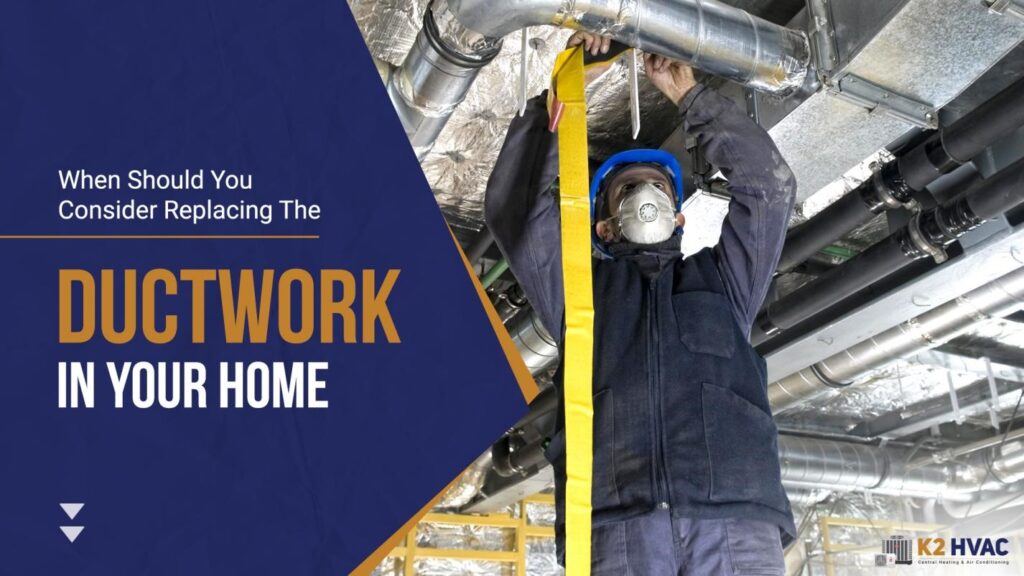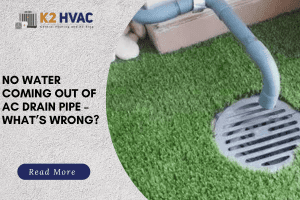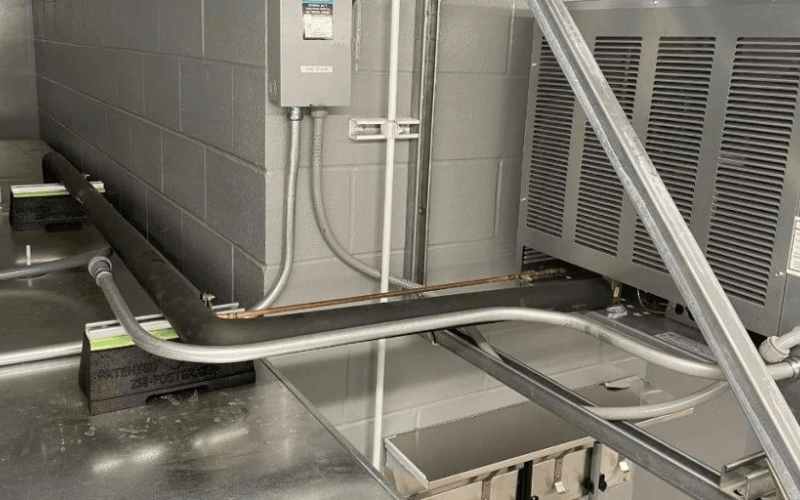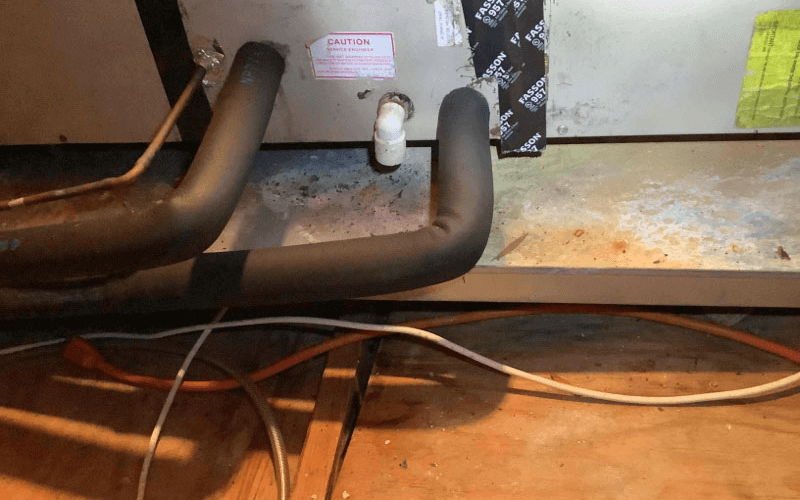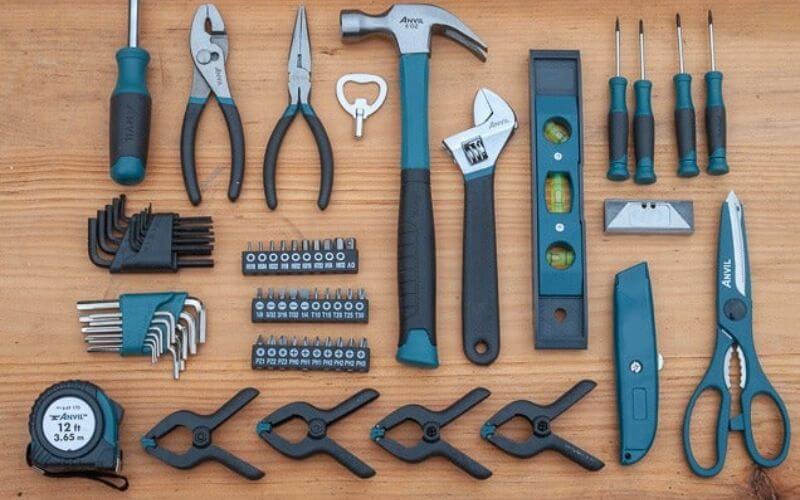Home maintenance is an often overlooked aspect of owning a home. While many people are aware that they should perform regular maintenance on their furnaces, air conditioners, and water heaters, very few homeowners give the air duct work in their homes as much attention. In fact, most people don’t even think about replacing their air ducts unless there’s a problem with them such as leakage.
Table of Contents
ToggleReplacing Ductwork In Home:
Ducts are the pathways that direct the air in your home. The location of your ductwork plays a large role in how warm or cool your house feels, which is why you’ll want to think about replacing ductwork if they’re located in unconditioned basements like garages or unfinished basements. The Department of Energy estimates that duct leakage can account for up to 20% of a home’s heating and cooling costs. Ducts are designed to last about 30 years before it becomes necessary to replace them, so the question is: when should you consider replacing the ductwork in your home?
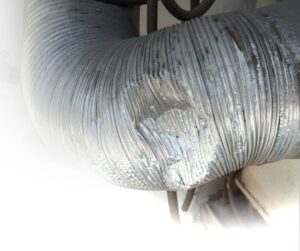 Visible Dents and Punctures:
Visible Dents and Punctures:
The first step in diagnosing a problem with your air ducts is to go inside your home and take a look at them. If you can visibly see dents or punctures in your ductwork, there’s a good chance you have a rodent infestation. The most common place for mice to build their nests are inside the wall where the return air grill is located. If this is the case, then it’s very likely that your furnace will not be able to produce any heat during cold weather.
 The Air isn’t Clean Enough:
The Air isn’t Clean Enough:
If you find that your HVAC system isn’t able to sufficiently circulate air throughout your home, this is likely due to dirty or clogged vents. You probably would smell an unpleasant musty odor inside of your house that’s when you have a reoccurring mold problem. This way your HVAC will work harder than it should be and also you are having trouble staying cool in the summers and warm in the winters.
 Age of your Home:
Age of your Home:
The age of your home is one element to consider when deciding whether or not to replace the ductwork in your home. If there are cracks, holes, or gaps, it’s time to look into replacement options. Before you have the work done, it’s important that you take a good look at each component and its condition as well. That way you can have an understanding of what needs replacing and what doesn’t.
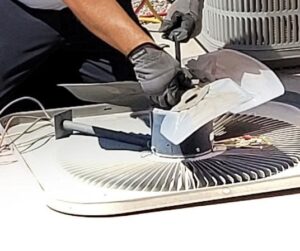 Poor Airflow:
Poor Airflow:
If you notice your HVAC system’s airflow depleting or straining, it may be time for a replacement. The airflow level in your home depends on a few key components: the filter, the ductwork, and the blower fan. If any of these elements is not working as it should, this can lead to a loss of Airflow and could prevent your heater or air conditioner from performing to its full potential.
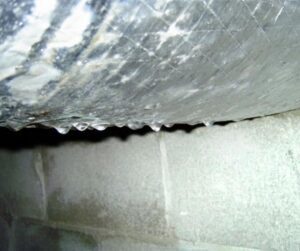 Noisy Operations:
Noisy Operations:
The sound is caused by a build-up of lint and moisture in the ductwork. This material can clog ductwork and restrict airflow, reducing heating and cooling efficiency. If you hear gurgling or hissing sounds in ducts, there may be a problem with your ductwork. There are some common sounds you might hear from your ductwork that indicate trouble. These include rattling, flapping, and squeaking sounds. Each of these noises can cause problems for your system, including reduced airflow and increased energy costs.
Contact HVAC Professionals
Hopefully, this article has provided you with some good information about ductwork as well as a checklist of common problems. If you’re looking to replace your ducts, please contact us today at K2 Mechanical.

